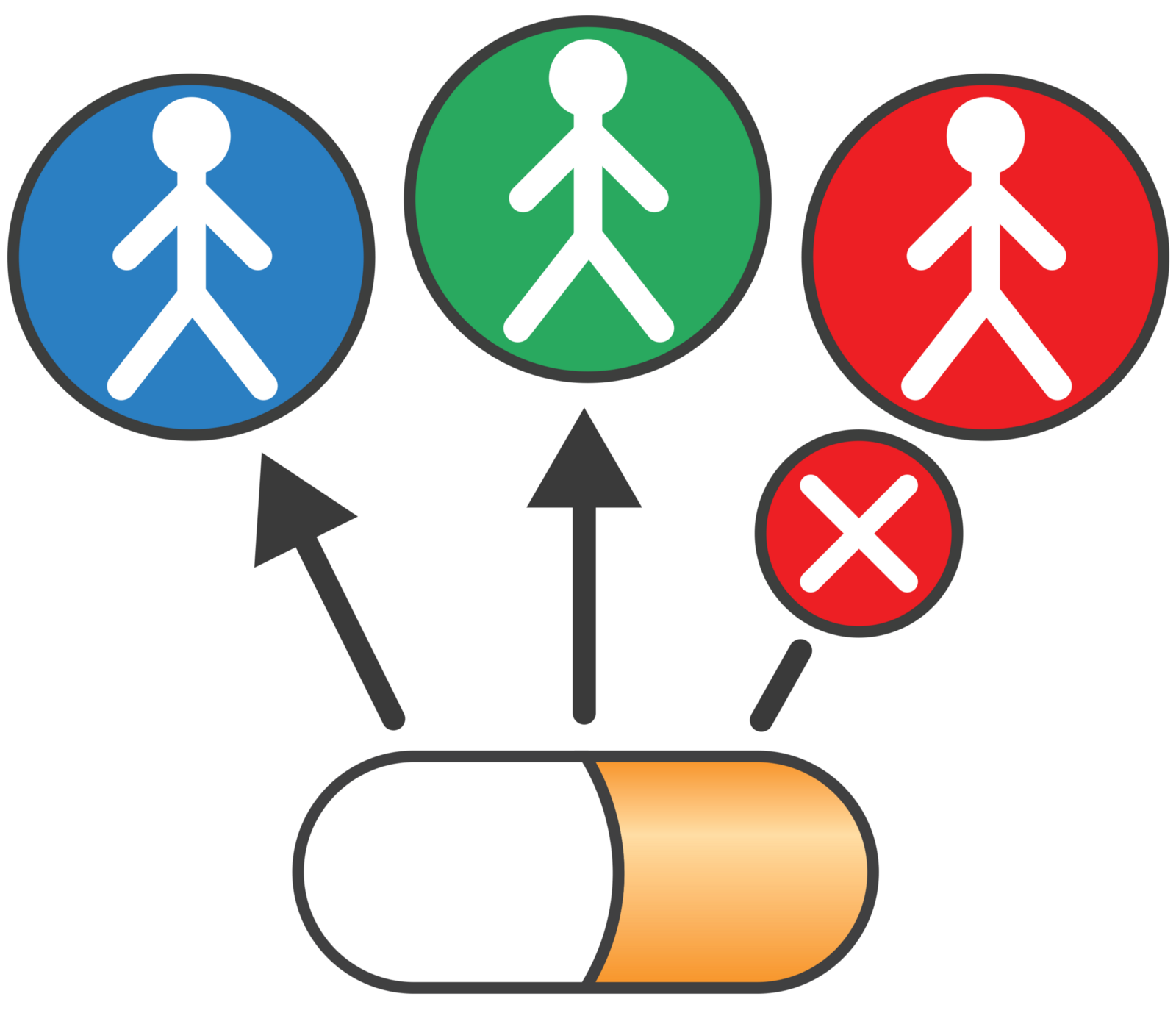Doctor Frank Biedermann is has a passion for designing sensors which can assess the blood of a patient in real-time. He told that he had an experience of being admitted to the hospital in an emergency, where there was a need for this blood parameters to be analyzed. He was alarmed to see that half an hour was taken before the results from the lab came back, which could’ve been the critical minutes if his condition was somehow been serious. He believes that cheap and affordable sensors are required which can measure the concentration, as well as, presence of relevant metabolites in real-time. Take the example of pH and anions/cations i.e. Ions which can be routinely monitored online nowadays in the blood flow.
In the same way, sensors which can monitor molecules in a patient’s blood in real-time are vital in the creation of personalized medicine whereby dosages/drugs are personalized to the metabolism of a patient. Currently, average doses are developed for mostly male test patients. But, factors like the lifestyle, age, sex, weight, and background have an effect on the metabolism of a drug, hence what size of the dose should we receive. If somehow we could follow how the metabolism of the drug is taking place in real patients, we will be able to devise better and more effective dosages & drugs for them.
Doctor Biedermann along with his team have developed a system which can detect the target molecules quickly. Their system includes huge supramolecular compounds which act as a host for the target molecules. When the target guest is detected by the host, the binding of two molecules takes place, causing fluorescence. Unfortunately, the hosts can also bind to other types of guests as well other than the target molecule. This problem was overcome by the team of Doctor Biedermann by using the concept of ‘artificial guests’. They introduced a system known as ‘strong binder’ which distracted the host from binding other components which can later be replaced with the original guest.


